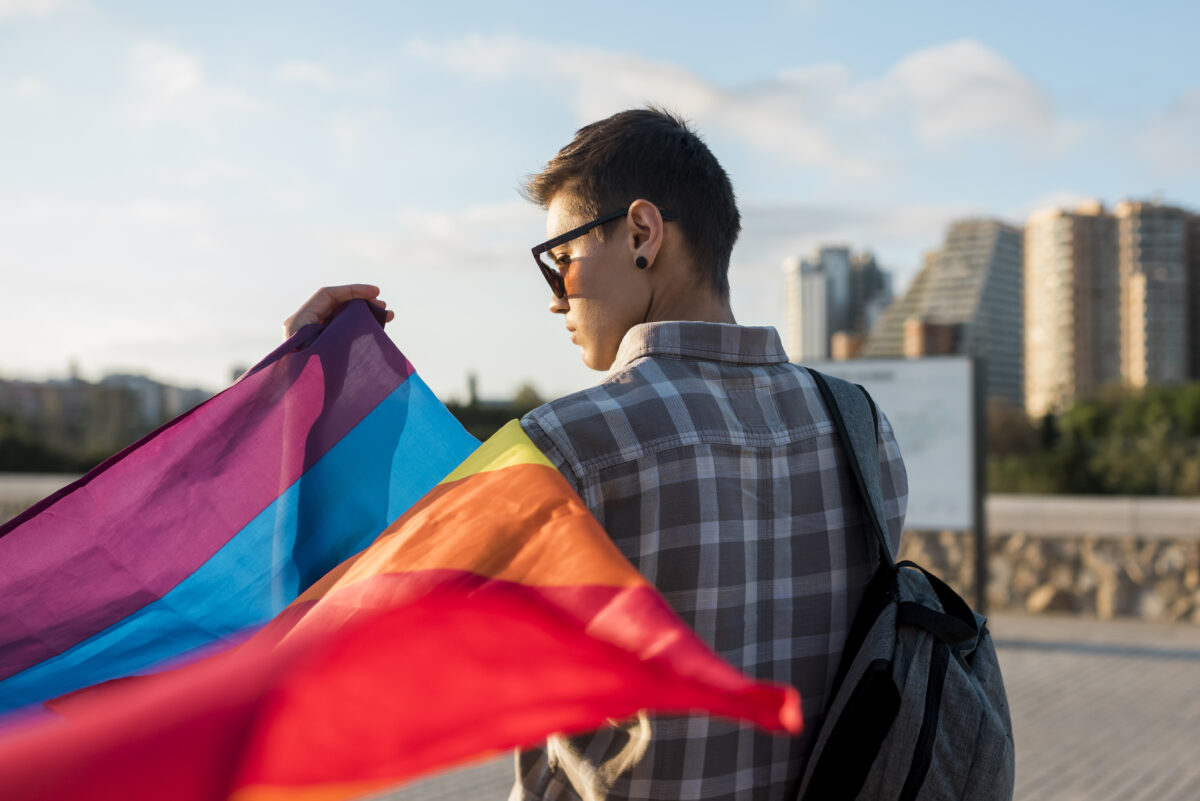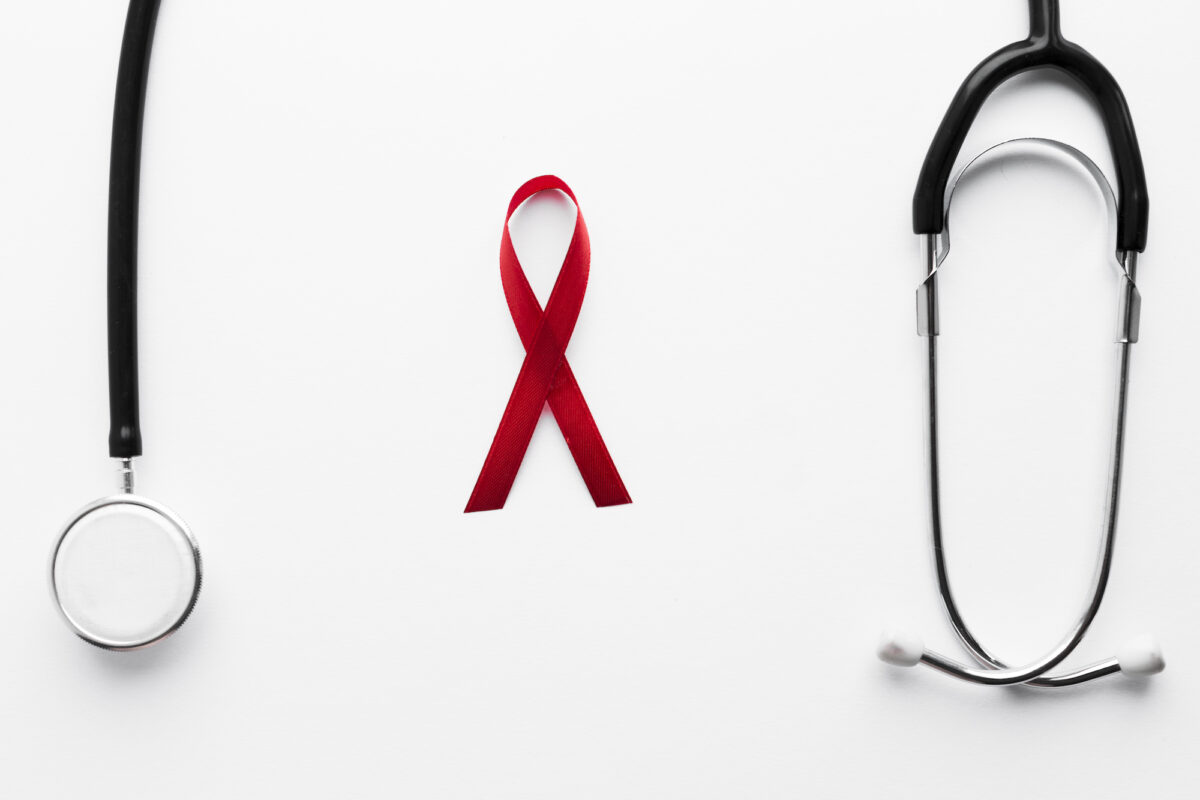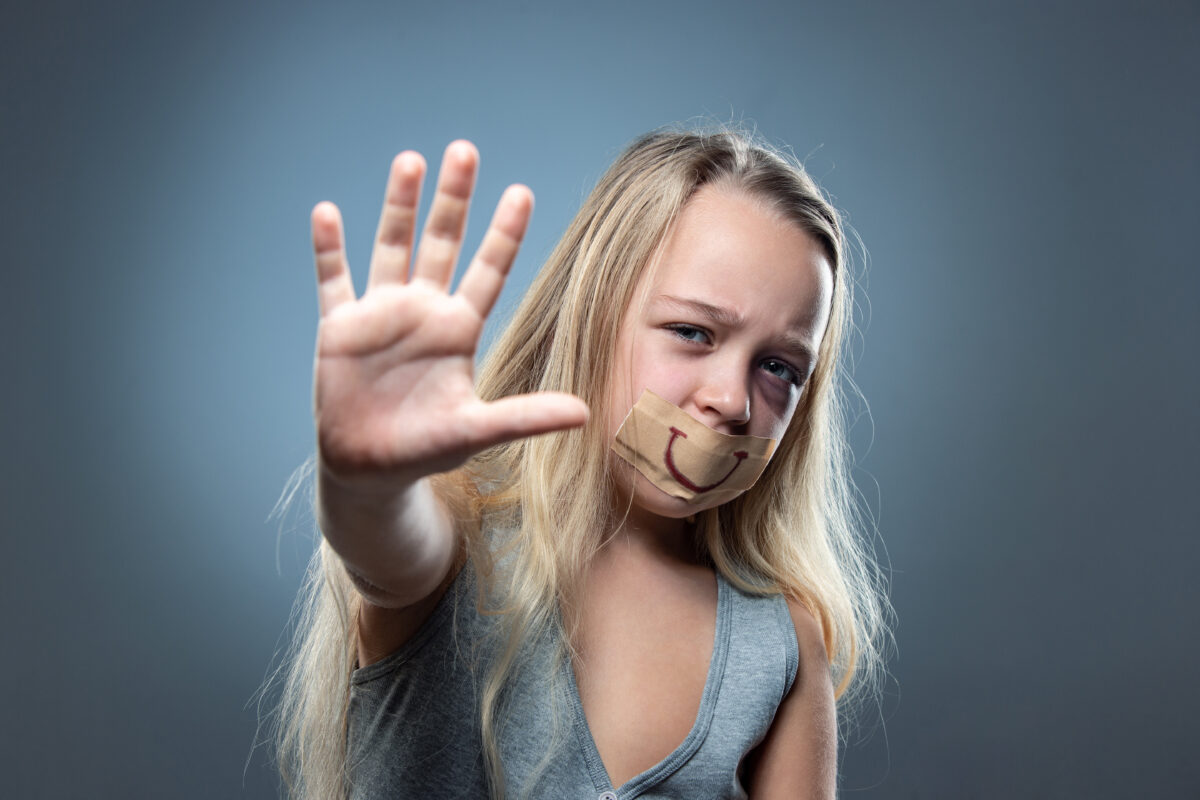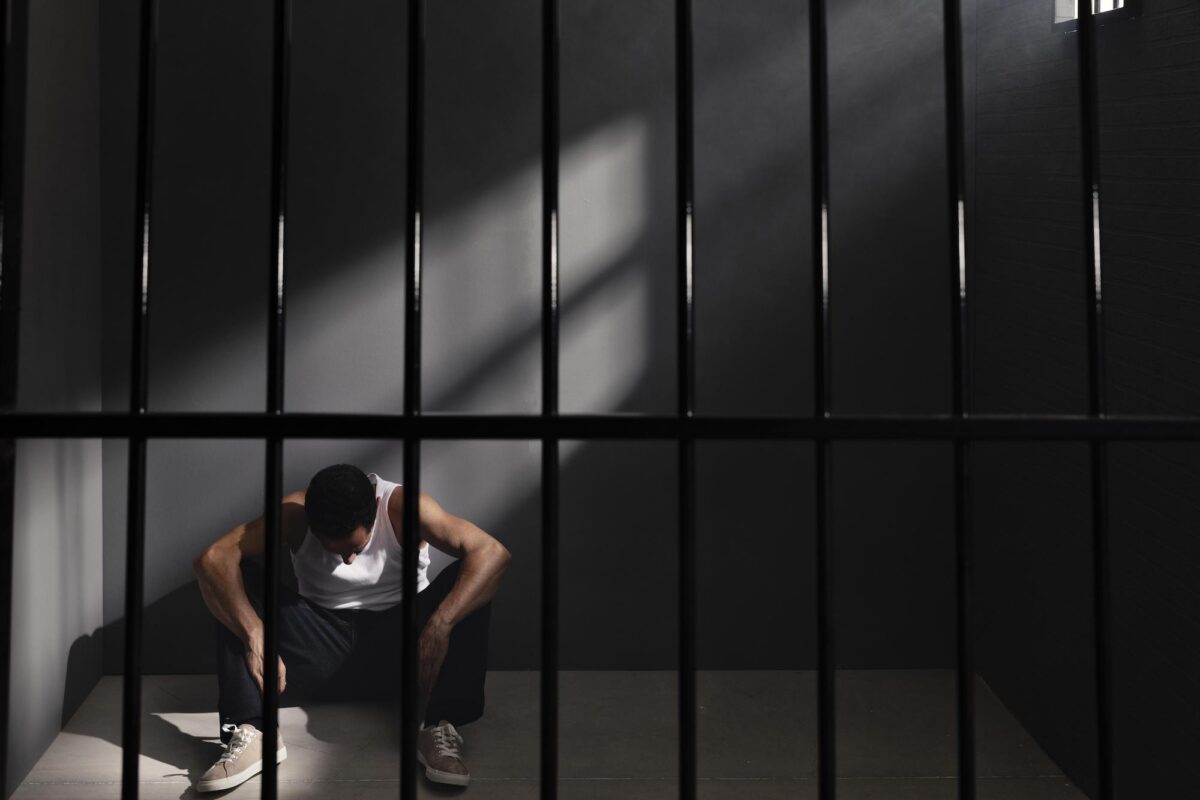In the summer, MA (name changed) came to the city for a week for work. To save money, he rented a bunk bed in a hostel in District XX. According to MA, he chose this particular hostel because all the people there are foreigners and only the administrator is Armenian. At the time of check-in, the client paid the full amount for the week. The man liked the atmosphere among the hostel residents, there were mostly young people from India and Iran. In the evening, everyone consumed alcoholic beverages together and got to know each other, and MA decided to take a shower before going to bed. The shower room was shared and when he went in there was an Iranian man about 26 years old. The Iranian explained by gestures that he wanted to have sex and MA agreed. After having sex in the shower room, the client went to sleep, early in the morning he left the hostel for his business.
In the evening when he returned to the hostel, the receptionist told the man to pack his belongings immediately and leave the hostel. When MA asked what happened, the receptionist said that he had seen everything during the night and that such an infectious gay (in foul language) could not stay there anymore and spoil the reputation. MA realized there was no point in arguing, and asked the admin for a refund for 6 days while he packed his stuff. He abruptly refused and started berating MA again because of his orientation and age (the client is over 50). MA packed his things, left the hostel, and called the REActor. He told the client not to go anywhere and to wait for him outside the hostel. After about 20 minutes, the paralegal was there. Also, he checked the establishment on the Internet but found no information about it at all.
He and the client entered the hostel, the paralegal introduced himself as a human rights defender and that he and MA were going to go to the police and write a report against the administrator. The latter replied that they could go. Then REActor added that he had googled the name of the hostel and found no information and that he would write in the statement that the hostel should be checked by the tax service. The administrator was confused and offered to sit down while he called the owner. After 5 minutes he came back with a phone and told the REActor that the host wanted to talk to him. The paralegal explained the situation, that they were going to go to the police to write a statement for defamation, for discrimination, for refusing to return the money for unlived days, to make the hostel pass the tax audit, because when MA paid for a week, the administrator did not give him a check, and added that there would be a scandal on social networks. The host apologized, said there was a misunderstanding, that MA was free to live there, and as compensation offered to include breakfast for MA on the other 6 days. REactor and MA discussed the offer and he agreed. On leaving, the paralegal told the administrator that if he behaved any further inappropriately in any way, he would be back, but with police officers. During the night, the MA sent a text message saying he was fine.
The next day in the evening he called and said that in the morning the administrator was very polite, but in the evening when MA returned to the hostel another administrator was working there and it turned out that the previous one had been fired.
Also read:
Progress in Addressing Discrimination and Promoting HIV Awareness in North Macedonia



















